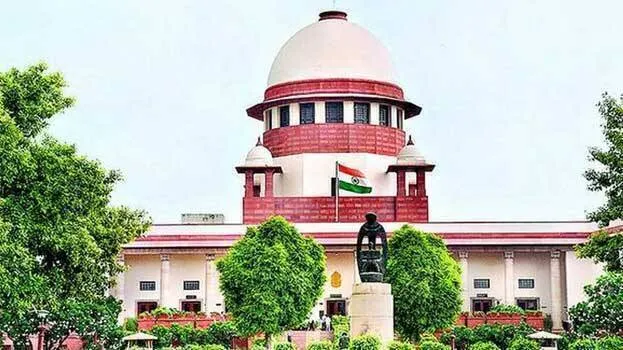

NEW DELHI: The Supreme Court has directed that the excess amount collected by the government from NRI students in private medical colleges — which was meant to support the education of students below the poverty line — should be refunded to the respective college managements. From the Rs 20 lakh fee charged per seat, Rs 5 lakh was allocated to a fund that is used to provide scholarships.
The amount in the corpus fund must be handed over within three months. Colleges are to utilise this amount for the benefit of BPL students, and the government must ensure this. If the students who secured admission have not paid the amount to the government, it should be handed over directly to the colleges.
Meanwhile, the Supreme Court upheld the High Court's stance that the government can enact legislation to collect this amount for the corpus fund and make it available to students. Previously, this was implemented through a circular.
The bench comprising Justices Surya Kant and N. Kotiswar Singh delivered the verdict while disposing of the petitions filed by medical managements and students challenging the High Court order that stated the collected amount need not be returned. Advocate Haris Beeran appeared for KMCT Medical College in Kozhikode, and Advocate P.S. Sulfikkar Ali represented the Self-Financing Medical Management Association.
Excess fee must be refunded
Only subsidised fees can be charged from BPL students. If any excess fees have been collected, colleges must refund them within three months. However, since there are no subsidised fees in Kerala, this is not practically applicable.
Regulation through legislation
The Supreme Court had earlier ruled that a higher fee could be collected from NRI students, provided a portion of it is used for BPL students. Based on the Fee Regulatory Committee’s recommendation, this was implemented in Kerala during 2017–18. From the Rs 20 lakh NRI fee, Rs 15 lakh was allotted to the colleges and Rs 5 lakh was directed to the government’s corpus fund through a circular.
The amount received in the account of the Commissioner for Entrance Examinations was then disbursed as scholarships to financially backward students. If the corpus fund is not re-established through legislation and the scholarship program is discontinued, poor students may have to rely solely on government medical college seats. It's uncertain how many students are actually admitted to self-financing colleges that collect NRI fees directly.
Key Figures:
3,000: Total self-financing medical seats
450: BPL category eligible seats
₹20 crore: Remaining in the corpus fund
₹45 crore: Already distributed as scholarships